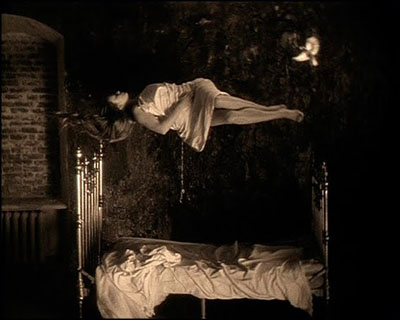
“If history is to be creative, to anticipate a possible future without denying the past, it should, I believe, emphasize new possibilities by disclosing those hidden episodes of the past when, even if in brief flashes, people showed their ability to resist, to join together, occasionally to win. I am supposing, or perhaps only hoping, that our future may be found in the past’s fugitive movements of compassion rather than in its solid centuries of warfare.”
—Howard Zinn, A People’s History of the United States
The news came yesterday that Howard Zinn — historian, veteran, playwright and activist — had died of a heart attack at the age of 87.
Zinn was best known for his magnum opus, A People’s History of the United States, and for relentless activism against war and oppression in every form he saw. He kept up the fight until the end; giving his last interview just days before his death.
Born to poor immigrants in Brooklyn, Zinn’s family constantly moved during his childhood, staying “one step ahead of the landlord.” He later recalled the experience of “living in poor neighborhoods, seeing people evicted from their homes, their furniture put out onto the street—it seemed to have nothing to do with race or ethnicity, just poverty and helplessness.”
His childhood left him experienced in desperation, and he soon found out about war as well. Enthusiastically joining the Army Air Force in World War II, Zinn flew bombing runs over Berlin, Czechoslovakia and Hungary before participating in the first military use of napalm in 1945. The horrors he witnessed drove him to become a life-long opponent of militarism, convinced that “war in our time is always indiscriminate, a war against innocents, a war against children.”
Upon his return, Zinn took up the career of an educator, but found his own experiences missing from the official histories of his country. He strove to change that, and, instead of standing back, leapt into the civil rights and anti-war movements, inspiring his pupils (including a young Alice Walker), securing the release of POWs from Hanoi and testifying about America’s role in Vietnam at the Pentagon Papers trial.
Through it all, he laid the groundwork for his masterpiece, a book that revealed an alternate universe of dissident uprisings and almost forgotten struggles, simmering just under the surface of the American Dream.

Portrait by Robert Shetterly
















